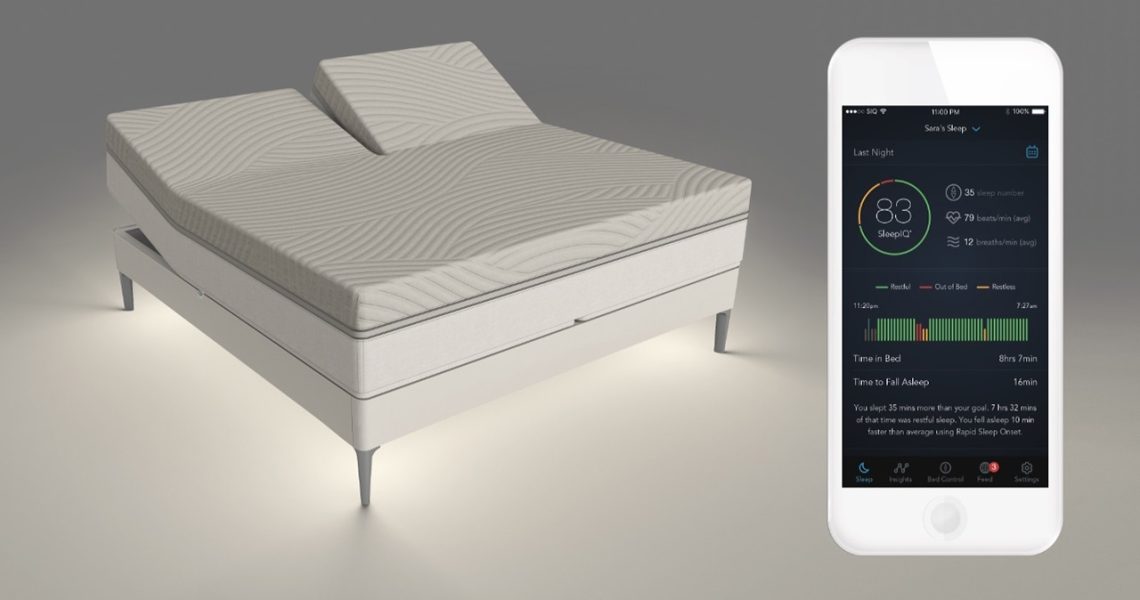Smart beds are equipped with sensors that track the user’s sleep duration and quality. The data it collects while you sleep may be accessed using a mobile app. If you snore while sleeping, for example, a smart bed can raise your head to alleviate the problem.
Turning off electronics 30 minutes before bedtime has been cited as the single most effective way to increase the quantity and quality of sleep you get each night. With this in mind, the concept of using technology to help you sleep could seem a little bit contradictory.
On the other side, you may be able to obtain a better night’s sleep if you maintain a sleep diary and use the data you find there. Smart beds are a relatively new development in this field. For smart bed for better sleep here are the things you would need to know.
Exactly how do these high-tech beds work?
The variety of smart bed types is comparable to that of smartphone devices. Sensors track things like how long you slept and how well you slept on a regular basis. After that, you’ll be able to use an app to access this data and make adjustments to your routine depending on what you discover.
Some models have settings for adjusting the temperature, the position, and the amount of hardness. Some individuals who snore find that propping their head up slightly helps them to stop. For instance, some variants allow you to customize the mattress’s temperature and firmness to better suit your needs.
The benefits of sleeping on a high-tech bed
In addition to helping you sleep better, these adjustments may also improve your health. Smart mattresses can keep tabs on many different bodily functions. A period of 24 hours in a day.
Using these factors and an algorithm, we can predict the times at which the different stages of your sleep occur. It’s possible that after reading this, you’ll have a clearer idea of what’s preventing you from getting a good night’s sleep.
After that, you’ll be able to create a bedroom that’s perfect for you and your needs
What potential short- and long-term implications may it have on your health? Consider a few of the advantages of sleeping on a modern smart bed.
The adoption of smart beds might lead to the identification of sleeping patterns
Most of us only know how well we slept the night before based on how tired we feel when we first open our eyes in the morning. If you’re having trouble getting to sleep or staying asleep, a smart bed might help you figure out why.
Some instances are as follows
- Difficulty falling or maintaining asleep, along with frequent nighttime awakenings.
- An absence of sleep.
- Sleep apnea.
- Smart beds have the potential to aid in the diagnosis of medical conditions.
The ability to quantify sleep habits and track sleep patterns might be useful in diagnosing health issues.
Sleep Number claims that their study shows that smart beds can detect and track the onset of flu and COVID-19 symptoms.
Conclusion
This diagnosis is often made based on the patient’s medical history. On the other hand, available measurements may be used to bolster diagnosis and monitor response to treatment.



